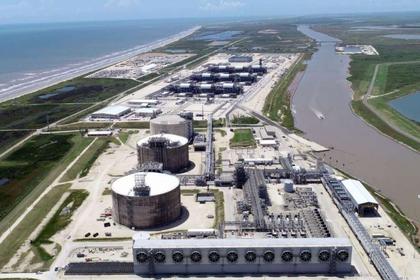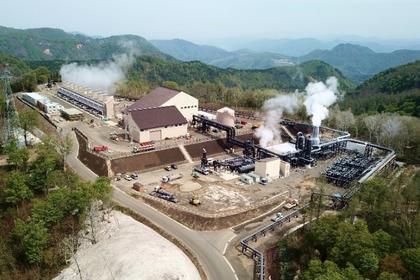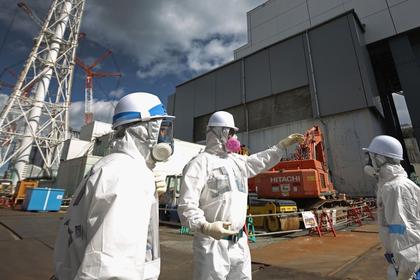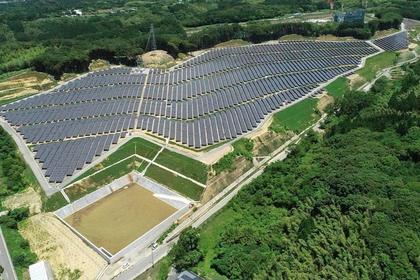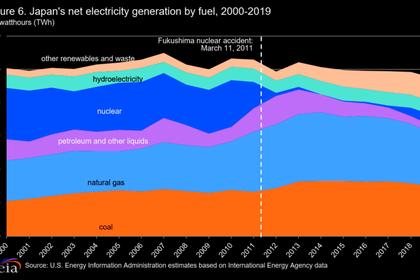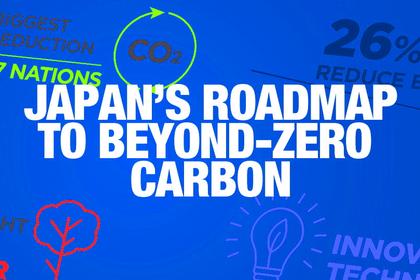
JAPAN, IAEA NUCLEAR COOPERATION
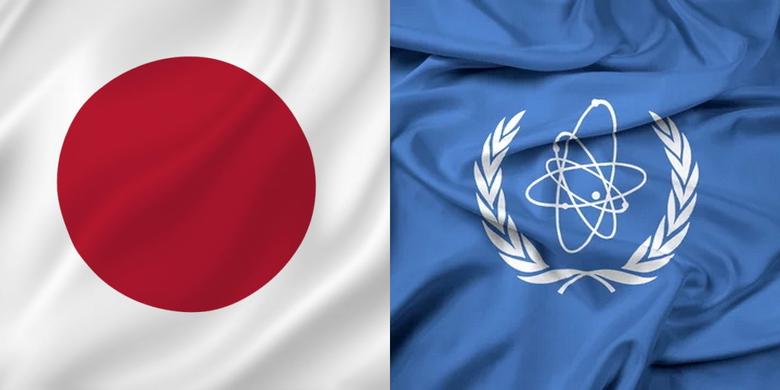
IAEA - NOV 29 2021 - The IAEA and the Japan Atomic Energy Agency (JAEA) have agreed to work together to help countries strengthen technical capacities in decommissioning, radioactive waste management, and nuclear security.
The agreement, valid until 2025, designates JAEA as an IAEA Collaborating Centre, while formalizing and expanding cooperation between the IAEA and JAEA.
“As an increasing number of states pursue nuclear energy, decommissioning and waste management as well as nuclear security are two components essential for its sustainable use” said Toshio Kodama, President of JAEA. “JAEA is determined to work together with the IAEA in this scheme to contribute to the international community in these two important areas.”
Decommissioning and waste management
“IAEA Collaborating Centres are one of our key cooperation mechanisms, and I am very happy that JAEA is now part of this exclusive group of institutions” said Mikhail Chudakov, IAEA Deputy Director General and Head of the Department of Nuclear Energy. “Radiological characterization is very important in the decommissioning process, so I’m glad to see that Member States can benefit from Japan’s extensive experience through various R&D projects and training programmes.”
The IAEA foresees increased work in the coming decades for decommissioning and associated waste management programmes. Many of the world's 443 nuclear power reactors currently in operation will phase out of service, while new reactors to be commissioned will need plans to fund their decommissioning. A total of 197 power reactors have been shut down for decommissioning, with 17 of them fully decommissioned. In addition, 130 fuel cycle facilities have been decommissioned as well as about 440 research reactors.
Together with the IAEA, JAEA plans to enhance Member States’ capabilities in decommissioning nuclear facilities by developing a calculation system, procedures, and data library to evaluate radioactive inventory. This will help promote safe and cost-effective decommissioning of reactor facilities.
The JAEA is the fifth IAEA Collaborating Centre in the field of decommissioning, with specific experience in dismantling and other activities related to the final stage of a nuclear facility’s lifecycle. The others include Italy’s Societa’ Gestione Impianti Nucleari (SOGIN), the Institute for Energy Technology (IFE) in Norway, Électricité de France (EDF), and the Slovak Nuclear and Decommissioning Company (JAVYS).
Nuclear security
With this agreement JAEA becomes the 8th IAEA Collaborating Centre in the field of nuclear security, confirming the long-standing partnership with Japan in this specific area.
“This Collaborating Centre will strengthen Japan’s contribution to the IAEA Nuclear Security programme, particularly in human capacity building as well as in research and development activities through the IAEA coordinated research projects” said Lydie Evrard, IAEA Deputy Director General and Head of the Department of Nuclear Safety and Security, adding that “it will also provide an important platform to support IAEA’s efforts to enhance nuclear security in the region.”
The JAEA, through the Integrated Support Center for Nuclear Nonproliferation and Nuclear Security (ISCN), has been serving as the regional training center to support Asian countries to build and enhance capacity in safeguards and nuclear security. ISCN, as the first Center of Excellence (COE) in Asia in the field of nuclear nonproliferation and nuclear security, is providing capacity building assistance through a variety of training courses and seminars while strengthening the cooperation with the relevant organizations in these areas.
Under the IAEA-JAEA agreement, the following areas of cooperation are included: enhancing security of nuclear material and associated facilities; nuclear security in transportation of nuclear and other radioactive material; institutional response infrastructure for material out of regulatory control; education and training programmes for human resource development; and nuclear security detection architecture.
The existing network of the Collaborating Centres helps IAEA to implement its Nuclear Security Plan. Recently, a platform was established at the NUSEC portal for all Collaborating Centres in the field of nuclear security to facilitate sharing of information and development of synergies.
About Collaborating Centres
An IAEA Collaborating Centre is an IAEA Member State institution, department or laboratory, which focuses on research, development and training and which has been designated by the IAEA to support the IAEA’s programmatic activities by implementing an agreed work plan. The designation of such a Centre is done through an IAEA Collaborating Centre Agreement. This Agreement is a legally binding document signed by both parties, which contains the undertakings of the parties and the duration of designation as well as the objectives, activities and expected results and outcomes.
-----
Earlier:
